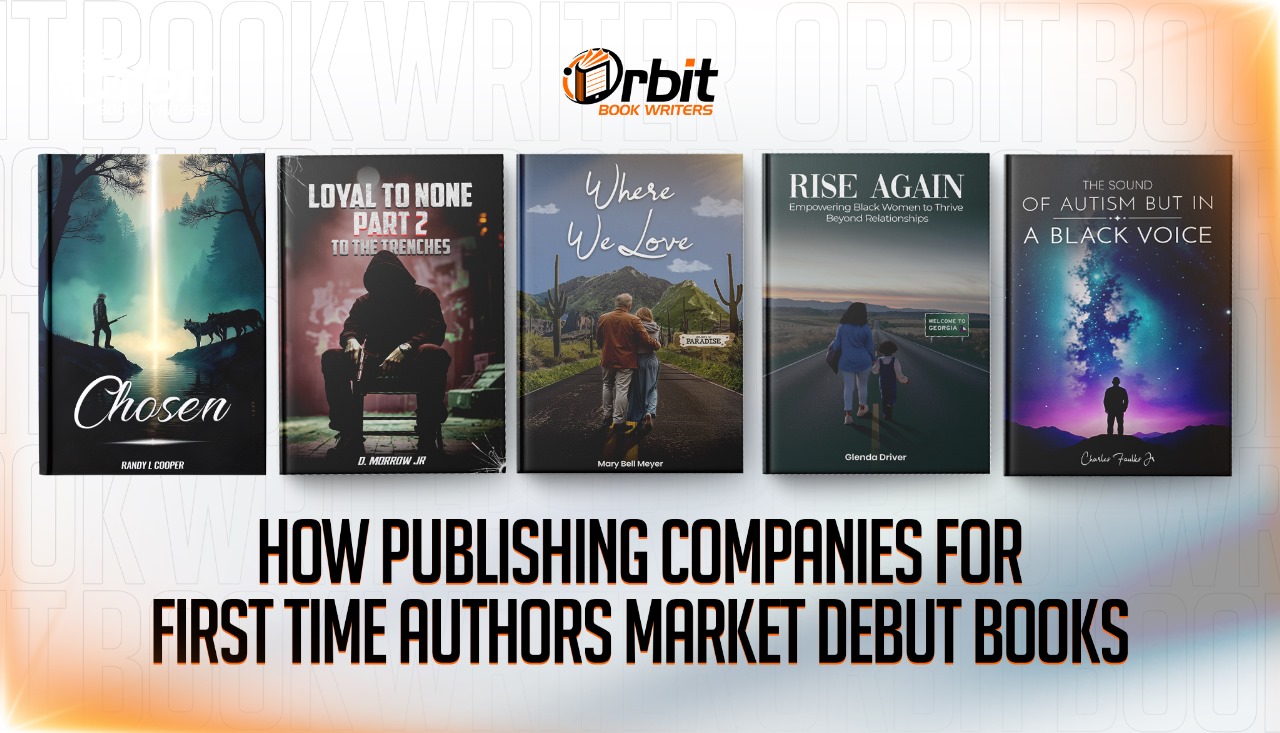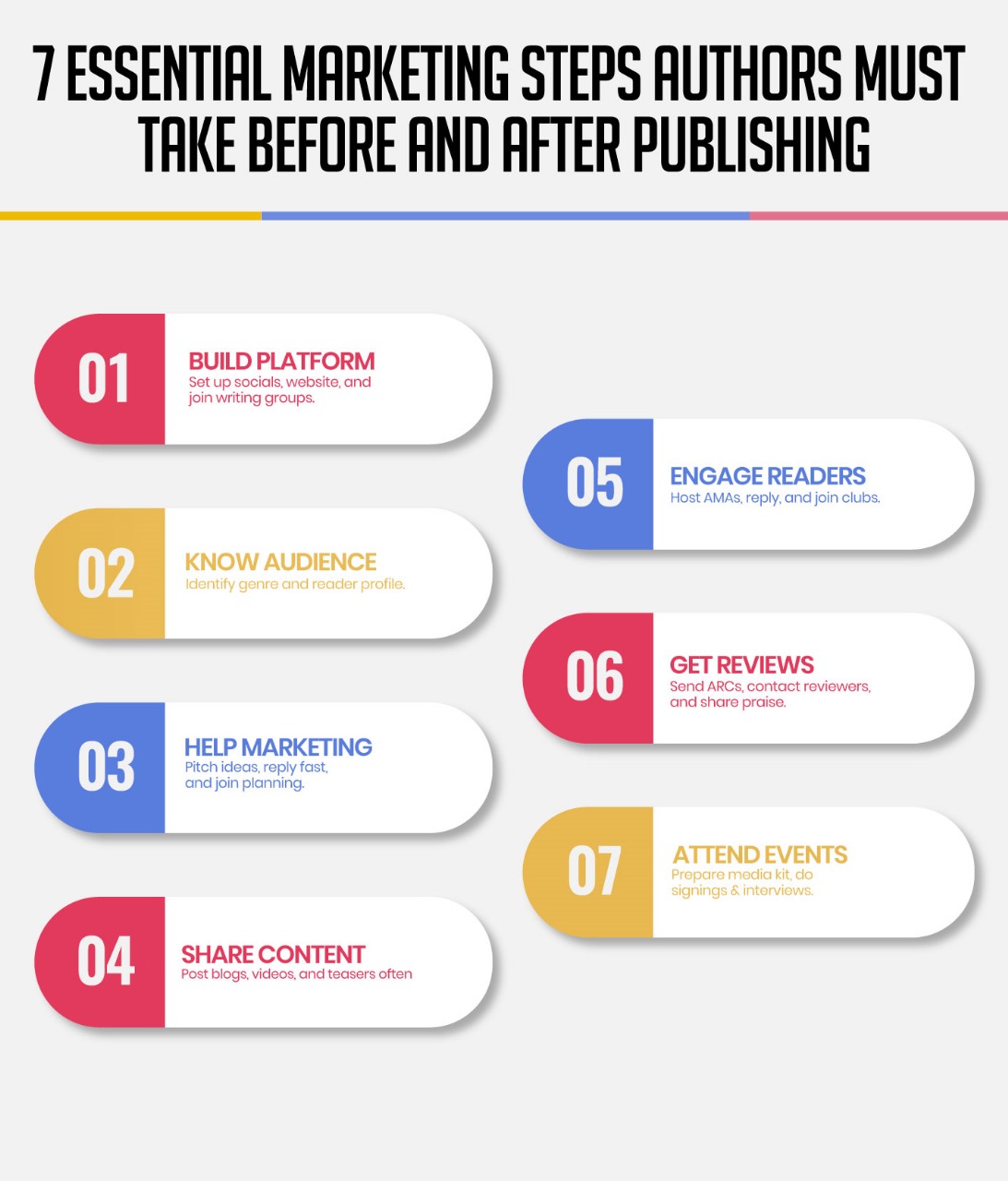Table Of Content
How Publishing Companies for First Time Authors Market Debut Books

What’s the secret to turning a first draft into a bestseller? For new writers, entering the publishing world is like solving a puzzle without the instructions. The right printing partner can be the game-changer, but how do they actually work their magic? Every year, thousands of debut authors face a daunting choice: own-publish alone or trust a printing company? The best publishing companies for first-time authors employ strategies that go beyond just printing books. They create buzz, analyze trends, and connect manuscripts to readers in ways that new writers can’t do alone.
So, let’s uncover why choosing the right company is more than just about contracts; it’s about unlocking tools that shape your book’s visibility from day one. This guide cuts through myths to reveal exactly how these partnerships drive success in today’s crowded marketplace.
Key takeaways
- First-time writers can benefit from hybrid publishing, which combines traditional publisher resources with author-driven marketing and creative control.
- It’s crucial to define your book’s goals, whether literary, commercial, or niche, before selecting the right publishing partner.
- Research the company’s reputation, contract terms, and their promotional and financial help before committing.
- Effective marketing, including social media, email campaigns, and influencer collaborations, is key to promoting debut books.
- Engaging with literary communities and using platforms like Instagram, Goodreads, and Twitter helps establish an author’s presence.
Understanding the Role of Publishing Companies for First-Time Authors
Publishing companies for first-time authors serve as critical connectors between manuscripts and readers. They offer essential services like editing, distribution, and marketing. These are key to transforming debut books into market-ready products. Their expertise guides new writers through the complex printing landscape, boosting their work’s visibility.
Defining Their Impact in the Book Market
These platforms shape market trends by choosing titles that resonate with readers. For instance, 8% of debut authors write at least one novel before writing what becomes their published debut, with an average of 3.24 books written before debuting. By securing retail partnerships and bookstore listings, they open doors for debut writers to compete with seasoned writers.
Integrating Traditional and Self-Print/Publish Approaches
Many publishing companies for first-time authors now combine traditional and self-publishing strategies. This hybrid model leverages publisher resources with author-driven marketing. Here’s a comparison of the two approaches:
| Approach | Advantages | Disadvantages |
| Traditional | Full-service support | Lower royalty rates |
| Self-Publishing | Author control | No guaranteed promotion |
| Hybrid | Customizable contracts | Cost-sharing requirements |
Hybrid options allow them to maintain creative control while benefiting from professional distribution.This flexibility helps new authors sidestep the drawbacks of both traditional and self-publishing. Deciding on the right partner for print/publish involves assessing how each model fits with an author’s long-term goals. Publishing companies for first-time authors offer frameworks that balance artistic vision with commercial strategy. This ensures debuts have a significant impact.
Getting Started: Defining Your Goals as a First-Time Author
“The first draft is just you telling the story to yourself.” – Terry Pratchett.
Before reaching out to good publishing companies for new writers, it’s crucial to define your book’s purpose. Are you aiming for literary acclaim, commercial success, or a niche influence? Having clear goals is essential for selecting the right partners.
- Clarify your book’s core message and target readers.
- Choose between old publishing, hybrid models, or your own publishing.
- Identify priorities: market reach, editorial support, or creative control.
| Type | Example |
| Short-term | Securing a publish/print contract |
| Long-term | Building a sustainable readership |
Align your vision with those enterprises that offer customized support. For instance, some focus on mentorship for debut storytellers. A well-thought-out plan ensures your goals align with their expertise. This boosts your book’s chances of success.
Publishing Companies for First-Time Authors: What You Need to Know
Choosing the right publishing partner is key to your book’s success. The best self-publishing companies for first-time authors offer essential backing. Yet, they must carefully evaluate their options. Here’s how to make informed decisions.
Evaluating Company Reputation
Begin by researching a company’s track record. Look at reviews on Trustpilot or Goodreads. Prior to finalizing, ask yourself these questions.
- Do they have a history of successful book launches?
- Are their biographers satisfied with the services provided?
Understanding Contract Terms and Rights
Contracts detail your rights and obligations. Key points to review include:
Royalty structures: Ensure fair payment models. Avoid clauses locking authors into long-term contracts.
Copyright ownership: Confirm who retains rights to your work.
Termination clauses: Check exit options if goals aren’t met.
Assessing Financial and Marketing Support
Here’s a snapshot of the key factors:
| Aspect | Top firms | Details |
| Marketing | Pen & Pixel | Includes social media campaigns and promotional guides. |
| Financial | KDP (Amazon) | No upfront fees, royalty rates up to 65% on e-books |
| Combined Assistance | Bookbaby | Packaged plans with editing, marketing, and distribution |
Focus on companies that balance cost-effectiveness with tangible needs. The best self-publishing companies for first-time authors prioritize author visibility without hidden fees.
Leveraging Marketing Strategies for Maximum Impact
Effective selling and promoting can turn debut books into bestsellers. Book printing businesses for first-timers often provide tailored strategies to reach readers. Start by aligning your campaign with your book’s audience and goals.
Developing a Comprehensive Marketing Plan
Create a roadmap with these steps:
- Research your target audience’s demographics and reading habits.
- Collaborate with your publisher to set realistic sales and visibility targets.
- Outline pre-launch buzz tactics like advance reader copies and media pitches.
Utilizing Social Media and Digital Platforms
Engage readers through platforms where they spend hours. Here’s how these optimized channels work:
| Platform | Best Use | Example Tactics |
| Visual storytelling | Book cover reveals, author Q&A reels | |
| BookBub | Email promotions | Targeted ad campaigns |
| TikTok | Short-form content | Author behind-the-scenes clips |
Building Your Author Platform and Network
Creating a robust author platform and network is essential for new writers looking to work with traditional publishing companies for first time authors. Establishing a strong online presence and engaging with your community can set your work apart in a competitive market. Here’s how to build connections that enhance your future printing prospects.
Engage with Literary Communities
Joining writing groups can connect you with other authors. Virtual events like the Writer’s Digest Annual Conference and blogs like Publishers Weekly offer valuable insights. Using Twitter hashtags like #AuthorChat or #WritingTips can increase your visibility and credibility. For instance, Goodreads groups can help you find readers eager for your genre.
- Participate in local writing workshops or online webinars.
- Share writing tips or snippets of your work on platforms like Medium.
- Follow editors and agents on LinkedIn to stay updated on industry trends.
Collaborate with Influencers and Beta Readers
Partner with book bloggers or micro-influencers in your genre to expand your audience. Many traditional publishing companies for first-time authors look for candidates with established networks. Running beta reader programs can gather feedback and grow your following—satisfied readers can become your biggest advocates. Networking is not just about the number of connections; it’s about the quality of those relationships. Publishers value writers who understand their audience. Building these connections now prepares you to succeed in the publishing industry.
For first-timers, submitting work to good publishing companies for first-time authors requires precision and preparation. A strong submission showcases your professionalism and increases your chances of catching an editor’s attention. Here’s how to approach each step:
Preparing a Standout Manuscript
Edit your work rigorously before submission. Use beta readers and professional editors to refine pacing, grammar, and clarity. Traditional publishing companies for first-time authors expect polished drafts, not first drafts. Research specific publishers’ guidelines: formatting rules, genre preferences, and submission portals vary widely. For example, some require double spacing, while others prefer digital files in specific formats. Missing these details can lead to automatic rejection.
Crafting an Effective Query Letter
A query letter is your first impression. Follow these steps:
Personalize your pitch: Address the editor by name and mention why your book fits their catalog.
Hook with intrigue: Open with a compelling line about your story’s premise or unique angle.
Keep it concise: Summarize your manuscript in one paragraph, focusing on genre, word count, and target audience.
Highlight credentials: Briefly mention writing courses, relevant experience, or prior publications (if applicable).
Avoid generic templates: Customize each query to the publisher’s stated interests. Also, proofread for typos, errors signal carelessness to orthodox print/publish platforms for new authors.
Conclusion
Choosing the most promising publishing company for first-time authors is critical for your debut book’s success. First-time authors should focus on companies that cherish new talent. These companies have proven market-centric strategies. Building a strong author platform is essential, achieved through social media engagement and literary forums. Moreover, prior to signing any contract, it’s vital to review the terms. Ensure fair royalty rates and maintain creative control. Don’t forget that your marketing plans must resonate with your book’s audience. Use platforms like Instagram and Goodreads to connect directly with readers.
Lastly, every step, from manuscript preparation to publication, demands strategic decisions. Use tools and Partnering with brands like Orbit book writers that offer advance royalties and promotional budgets can boost visibility. Remember, securing a publishing deal is just the beginning. Sustaining momentum through a consistent online presence and community involvement is key to long-term success. Contact us at (646) 222-3596 or email us at info@orbitbookwriters.com.
Frequently Asked Questions
Deciding between both involves weighing control, reach, and assistance needs. Old publishing offers broad distribution and marketing needs but requires less control over content and royalties. While own published grants full control, but demands handling promotional and financial matters yourself.
When evaluating, consider a publisher’s reputation, past success, contract terms, editing and publicity support, and promotional plans. It’s essential to find a partner that matches your vision and offers strong financial and marketing skills.
Yes, many firms for first-timers provide such help. Look for those with detailed plans, digital platform use, and established networks for book promotion. Choose companies known for their effective publicity to boost your book’s visibility.
To market your book, start by developing a detailed marketing plan. Leverage social media and engage with literary communities to reach a wider audience. Collaborating with influencers can also be beneficial. Discuss your strategies with your publisher and actively participate in promotional activities. This will help maximize your book’s impact.

At Orbit Book Writing, we are passionate about turning your ideas into captivating stories that resonate with readers. With a dedicated team of experienced writers, editors, and designers, we specialize in providing tailored solutions to meet your unique publishing needs.

